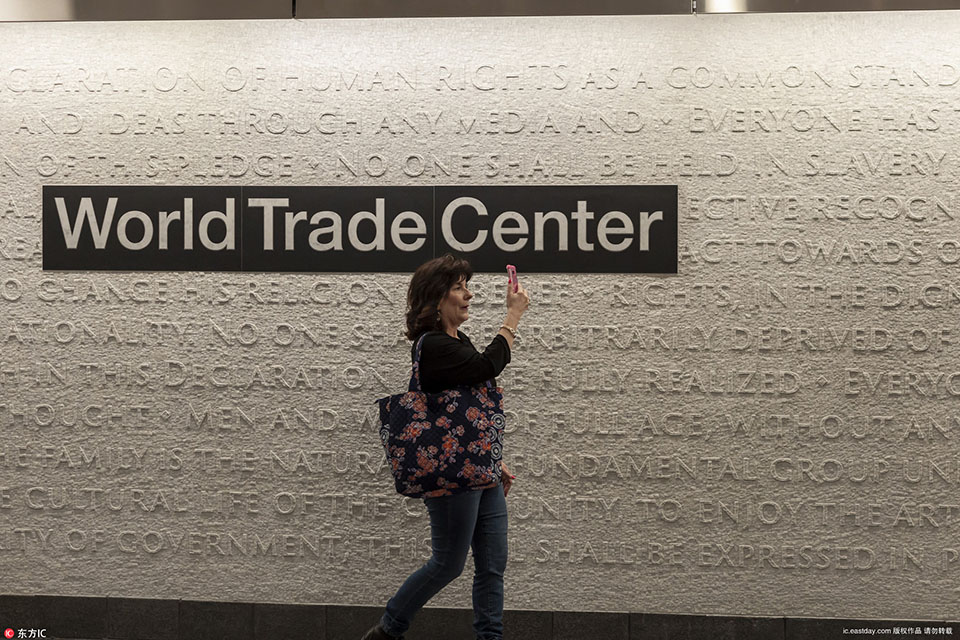After months of debate about the moral implications of loot boxes in video games,Complete Series Archives in-game purchases like those are finally being recognized by the Entertainment Software Ratings Board (ESRB).
SEE ALSO: 'Call of Duty' figures out how to make loot boxes even more awfulThe ESRB, the preeminent video game rating system in the Unites States, announced Tuesday that it will be adding a new label to video games that include in-game purchases and loot boxes to make players and parents aware of what they are buying.
This Tweet is currently unavailable. It might be loading or has been removed.
Although the bulk of the conversation about in-game purchases has recently centered around loot boxes and their similarities to gambling (i.e., buying a loot box without knowing exactly what content you'll get from it), the ESRB is taking a broader approach to the situation with their new label.
"This label ... will appear on boxes (and wherever games can be downloaded) for all games that offer the ability to purchase digital goods or premiums with real world currency," the announcement reads. "This includes features like bonus levels, skins, surprise items (such as item packs, loot boxes, mystery awards), music, virtual coins and other forms of in-game currency, subscriptions, season passes, upgrades (e.g., to disable ads) and more."
In October 2017, as the discussion around loot boxes was heating up around the release of Star Wars Battlefront IIand it's extensive upgrade system built around loot boxes that players can purchase for real money, the ESRB released a statement saying it didn't consider loot boxes to be a form of gambling. The ratings board's new disclaimer still steers clear of this distinction, but will at least take in-game purchases into account when rating games.
At the very least, this will clue parents in to the fact that their child could be tempted to purchase extra content in the games they buy for them, which is important considering kids with access to credit cards can rack up some pretty steep bills for their parents on in-game purchases.
As the conversation persisted around loot boxes last year, legislators around the world began proposing laws around loot boxes and their perceived connection to gambling. That may be a bit extreme, considering the implications, but as the preeminent ratings board for video games in the U.S., the ESRB needed to take some form of action. And now they have.
Featured Video For You
Topics Gaming





